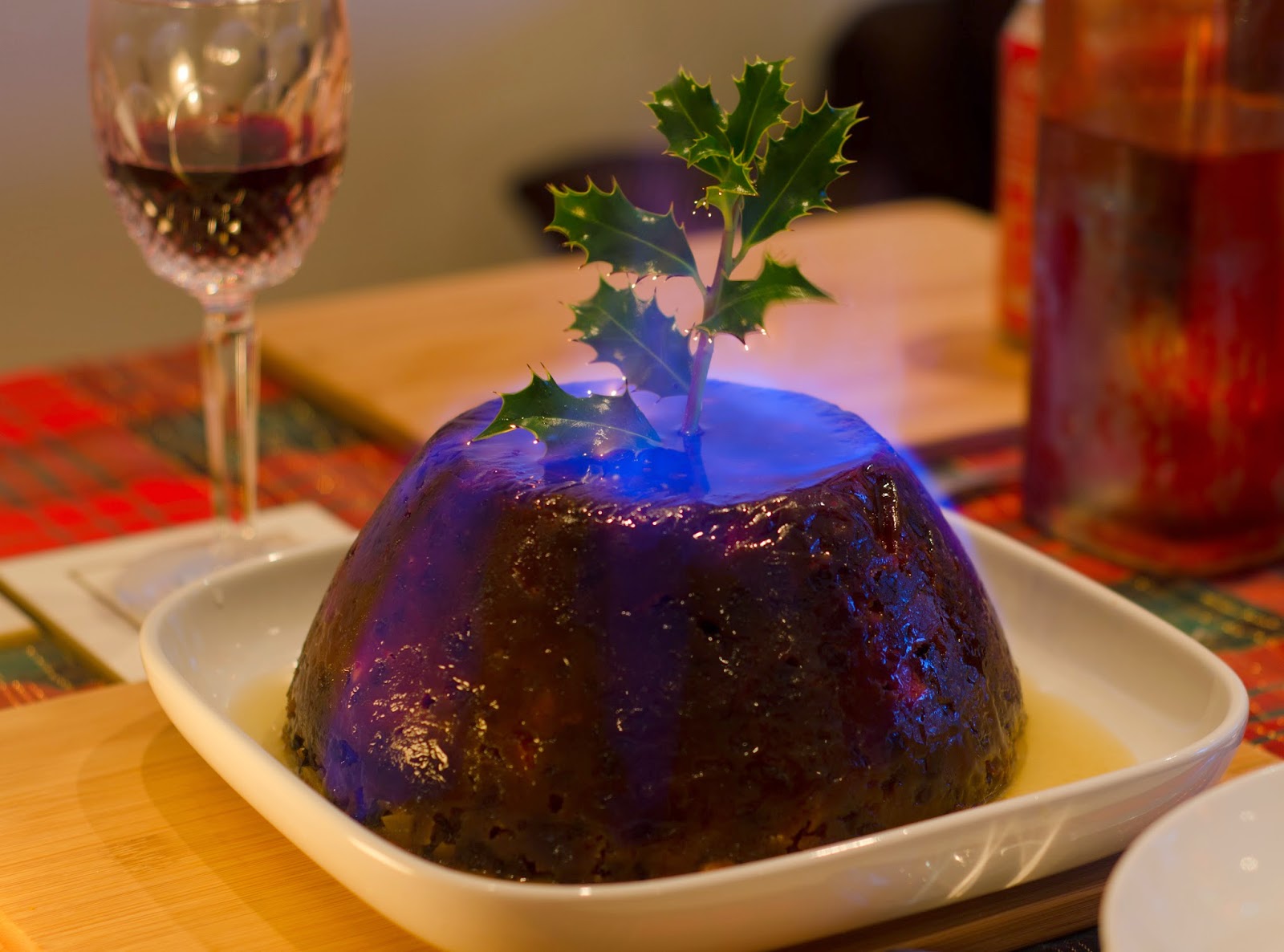Last night, UKIP leader and MEP Nigel Farage and comedian and political activist Russell Brand both appeared on the BBC's flagship political debate programme, 'Question Time'. There were three other people on the panel too (Conservative MP Penny Mordaunt; Labour MP Mary Creagh; and Camilla Cavendish, a journalist for The Times), but no one seemed too bother about any of them – the programme was billed as a big show-down of Brand vs. Farage, left-wing populism against right-wing populism, and promised plenty of debate and (perhaps more importantly for viewing figures) controversy.
Personally, I don't like Nigel Farage
or Russell Brand. They are both snake oil salesmen who offer easy 'answers' to complicated issues, playing to the gallery and telling people whatever they want to hear. In both men's simplistic world view, there are clear 'bogeymen' – scapegoats, at whose feet the blame for all the problems of the United Kingdom can be laid. For Farage, immigrants and the European Union can be blamed for all our ills, whereas Brand can't see a single issue which isn't the fault of bankers, large corporations and rich businessmen. Quick to apportion blame, and slow to proffer any meaningful alternative solutions, both men despise the 'out-of-touch' political èlite, think the mainstream media is 'out to get them', and seem themselves as the only saviour of a Britain which is going to hell in a handcart.
At this juncture, I am going to insert a disclaimer: I watched this episode of Question Time in a van late last night, on an iPhone with a rather intermittent internet connection, whilst traveling from a gig in Caerphilly, South Wales, to a hotel in Thurrock, Essex. I was very tired, cold and wet during this time so I may not have the most accurate memory of everything which happened during the programme.
I have been very critical of UKIP when I have written about them in the past. I am not going to vote for them at the next General Election, and I would implore you not to either. However, I genuinely felt that Nigel Farage came over better on Question Time last night than did Russell Brand. At one point, I even felt a rare moment of sympathy for the UKIP leader, when, quite late in the programme, he answered a question on Grammar Schools from a member of the studio audience – Brand was then asked what his views on the topic were, and he immediately launched into personal attack on Nigel Farage, barely mentioning Grammar Schools at all, choosing instead to focus on the specifics of Farage's own education and upbringing. What Farage's schooling had to do with the question I never could work out, but Brand seemed intent on making this a personal fight when the question had been on educational policy in general and its affect on social mobility.
This lack of genuine content, and fixation on attacking Farage personally rather than on points of policy (which was not confined just to the Grammar Schools question), made Brand look petty, aggressive and small-minded – an accusation which he (and many others) have levelled at politicians in the House Of Commons. More importantly, however, it showed that he had come to Question Time with 'a gameplan' – to attack Farage, knowing that the UKIP leader would be an unpopular figure, and thinking he could win praise and applause from the studio audience and viewers watching at home simply by insulting Farage rather than by making any worthwhile points of his own. This showed his complete contempt for the members of the public asking the questions, as Brand had obviously already made up his mind to take this approach no matter what issues came up during the debate – the kind of behaviour he would decry from any politician, but which he has no qualms with exhibiting himself, if he feels it suits him.
The most telling moment of the programme, however, was when Brand was challenged by a member of the audience to stand for Parliament himself – to put his money where his mouth is, and stand up for what he believes. Brand did his usual trick of retreating to an "I'm just a comedian, mate!" position of safety, having demanded to be taken seriously politically, but I thought the audience member made a strong point. Nigel Farage and UKIP have particular views – many of which I don't agree with – and a particular direction in which they want to take the United Kingdom. They are giving people the chance to vote for that, or to vote against it, by standing for election next May.
Farage believes that the majority of 'ordinary people' (whatever that means) agree, broadly speaking, with much of what UKIP has to say. If he is right, this will be reflected in their share of the vote at the next election – if (as I suspect), he is mistaken about that, this too will be shown up at the election. But he has at least had the courage to put himself up for election, and give people the chance to reject his poisonous, simplistic and divisive ideology at the ballot box. Russell Brand has no such courage – like Farage, he believes most people agree with him (and that if they don't, that is because they have been duped or misled, which is incredibly insulting and patronising), but he is not willing to put that to the test.
I think there are two reasons for this: he doesn't want to risk his ideology being rejected by the public, and he hasn't the stomach for any actual work if he were to be elected. Whatever you stand for, and whatever your views, actually trying to be a real difference in politics is hard work – but standing on the sidelines shouting and jeering is easy. Russell Brand has chosen the easy route.












